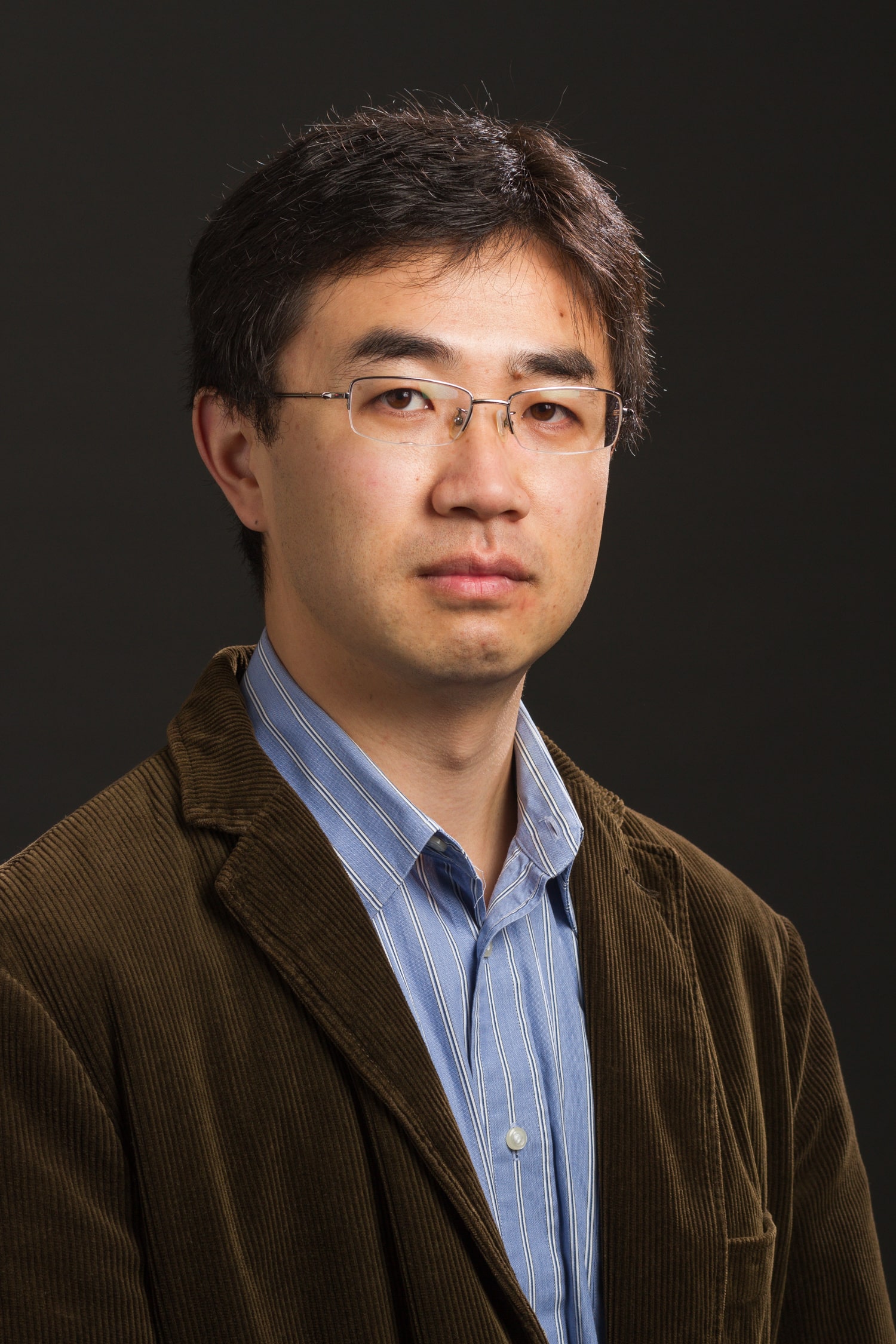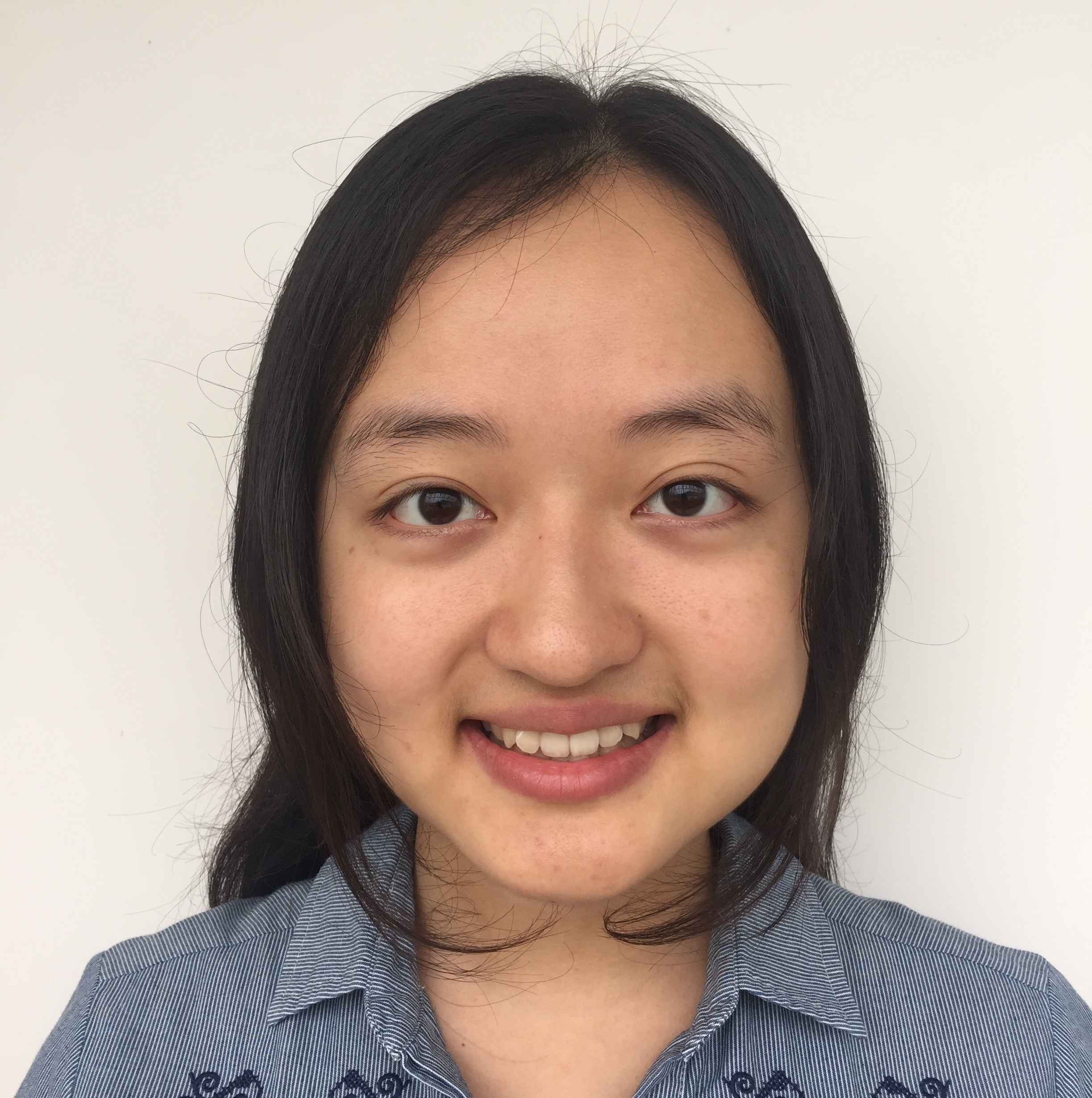Invited Session 1: Big Data and AI in Oncology Research
Chair: Ying Lu, Stanford University
 Ying Lu, Ph.D., is Professor in the Department of Biomedical Data Science, and by courtesy in the Department of Radiology and Departement of Health Research and Policy, Stanford University. He is the Co-Director of the Stanford Center for Innovative Study Design and the Biostatistics Core of the Stanford Cancer Institute. Before his current position, he was the director of VA Cooperative Studies Program Palo Alto Coordinating Center (2009-2016) and a Professor of Biostatistics and Radiology at the University of California, San Francisco (1994-2009). His research areas are biostatistics methodology and applications in clinical trials, statistical evaluation of medical diagnostic tests, and medical decision making. He serves as the biostatistical associate Editor for JCO Precision Oncology and co-editor of the Cancer Research Section of the New England Journal of Statistics and Data Science. Dr. Lu is an elected fellow of the American Association for the Advancement of Science and the American Statistical Association. Dr. Lu initiated the Stat4Onc Annual Symposium with Dr. Ji and Dr. Kummar in 2017 and is the PI of the R13 NCI grant for this conference.
Ying Lu, Ph.D., is Professor in the Department of Biomedical Data Science, and by courtesy in the Department of Radiology and Departement of Health Research and Policy, Stanford University. He is the Co-Director of the Stanford Center for Innovative Study Design and the Biostatistics Core of the Stanford Cancer Institute. Before his current position, he was the director of VA Cooperative Studies Program Palo Alto Coordinating Center (2009-2016) and a Professor of Biostatistics and Radiology at the University of California, San Francisco (1994-2009). His research areas are biostatistics methodology and applications in clinical trials, statistical evaluation of medical diagnostic tests, and medical decision making. He serves as the biostatistical associate Editor for JCO Precision Oncology and co-editor of the Cancer Research Section of the New England Journal of Statistics and Data Science. Dr. Lu is an elected fellow of the American Association for the Advancement of Science and the American Statistical Association. Dr. Lu initiated the Stat4Onc Annual Symposium with Dr. Ji and Dr. Kummar in 2017 and is the PI of the R13 NCI grant for this conference.
Connecting the Dots, Investigating Immunotherapy at work in Patient
Speaker: Margaret Callahan, Neag Cancer Center, UCHC
 Margaret Callahan MD PhD, Chief of the division of Hematology and Oncology in the Neag Cancer Center, is a board-certified medical oncologist specializing in the use of immunotherapies to treat melanoma and other cancers. Her research focuses on understanding how immunotherapies work in patients with the goal of characterizing facets of the human immune system that help or hinder the anti-tumor activity of current and novel agents.
Margaret Callahan MD PhD, Chief of the division of Hematology and Oncology in the Neag Cancer Center, is a board-certified medical oncologist specializing in the use of immunotherapies to treat melanoma and other cancers. Her research focuses on understanding how immunotherapies work in patients with the goal of characterizing facets of the human immune system that help or hinder the anti-tumor activity of current and novel agents.
Abstract
Immune checkpoint blockade (ICB) boosts anti-tumor immunity by blocking the interaction between inhibitory receptors on immune cells, such as programmed cell death protein 1 (PD-1), and their ligands. FDA-approved ICB regimens include monoclonal antibodies (mAb) to cytotoxic T-lymphocyte associated protein 4 (aCTLA-4), PD-1 (aPD-1), programmed death-ligand 1 (aPD-L1), and/or lymphocyte activation gene-3 (aLAG-3). While ICBs are FDA-approved for >20 cancer types and an estimated 44% of patients with cancer in the United States are eligible to receive ICB therapy, sensitivity to ICB is highly variable and many patients who are treated do not benefit from therapy. The field has made a heavy investment in improving ICB outcomes; there are >1,000 clinical trials testing aPD-1 in combination with other agents across a diversity of patient populations. However, progress has been relatively incremental, underscoring the challenge of identifying the most promising combinations and/or patient populations to target. There is a critical and unmet need to focus resources on developing the best ICB combinations and selecting the specific patient populations most likely to benefit. Our work focuses on understanding characteristics of the patients' immune system that correlate with and may predict response or resistance to ICB as a strategy to match the right treatment for the right patients.
Cancer survival analysis with deep neural networks: a few recent developments
Speaker: Shuangge (Steven) Ma, Yale School of Public Health
 Shuangge (Steven) Ma is a Professor of Biostatistics at the Yale School of Public Health. He obtained his Ph.D. in Statistics from the University of Wisconsin, Madison, and had his postdoc training at the University of Washington, Seattle. He has been conducting research in cancer biostatistics, genetic epidemiology, high-dimensional statistics, and survival analysis. More recently, he has been engaged in deep neural network research for low- and high-dimensional data.
Shuangge (Steven) Ma is a Professor of Biostatistics at the Yale School of Public Health. He obtained his Ph.D. in Statistics from the University of Wisconsin, Madison, and had his postdoc training at the University of Washington, Seattle. He has been conducting research in cancer biostatistics, genetic epidemiology, high-dimensional statistics, and survival analysis. More recently, he has been engaged in deep neural network research for low- and high-dimensional data.
Abstract
In cancer research, survival analysis has been routinely conducted. Most of the existing analyses have been based on regression models and corresponding likelihood (estimating equation, U-statistic, etc.) estimations. In the past decade, we have witnessed a surge in deep neural network techniques. Despite promising performance (especially in prediction and accommodation of nonlinear relationships), they have often been criticized for not having lucid interpretations, satisfactory statistical properties, and valid inference. Here, we report some recent developments in DNNs for censored survival data that have been driven by sound statistical principles to directly address the aforementioned limitations.
Leveraging Big Data and AI to Analyze Off-Label and Off-Guideline Cancer Treatments
Speaker: Ruishan Liu, University of Southern California
 Ruishan Liu is an Assistant Professor of Computer Science at USC. She received her PhD in Electrical Engineering at Stanford University in 2022 and was a Postdoctoral Fellow in Biomedical Data Science at Stanford University from 2022 to 2023. Her research lies in the intersection of machine learning and applications in human diseases, health and genomics. She was selected as the Rising Star in Data Science by University of Chicago, the Next Generation in Biomedicine by Broad Institute, and the Rising Star in Engineering in Health by Johns Hopkins University and Columbia University. She led the project Trial Pathfinder, which was selected as Top Ten Clinical Research Achievement in 2022 and Finalist for Global Pharma Award in 2021.
Ruishan Liu is an Assistant Professor of Computer Science at USC. She received her PhD in Electrical Engineering at Stanford University in 2022 and was a Postdoctoral Fellow in Biomedical Data Science at Stanford University from 2022 to 2023. Her research lies in the intersection of machine learning and applications in human diseases, health and genomics. She was selected as the Rising Star in Data Science by University of Chicago, the Next Generation in Biomedicine by Broad Institute, and the Rising Star in Engineering in Health by Johns Hopkins University and Columbia University. She led the project Trial Pathfinder, which was selected as Top Ten Clinical Research Achievement in 2022 and Finalist for Global Pharma Award in 2021.
Abstract
In the dynamic landscape of cancer treatment, patients often receive therapies beyond the conventional approvals and guidelines, driven by the unmet need for effective interventions. In this talk, we will explore the application of big data and AI to examine off-label and off-guideline cancer treatments in a real-world cohort of 165,912 U.S. patients with 14 cancer types. Our study highlights that 18.6% and 4.4% of patients received off-label and off-guideline treatments, respectively, with notable variations across cancer types. We discuss the prevalence of such treatments, factors that affect their use, and disparities observed among different patient groups. Additionally, we demonstrate how machine learning models can predict treatment decisions and identify potential genetic markers for therapy response. This talk underscores the potential of big data and AI in enhancing our understanding of unconventional cancer treatment practices and paving the way for more personalized cancer care.